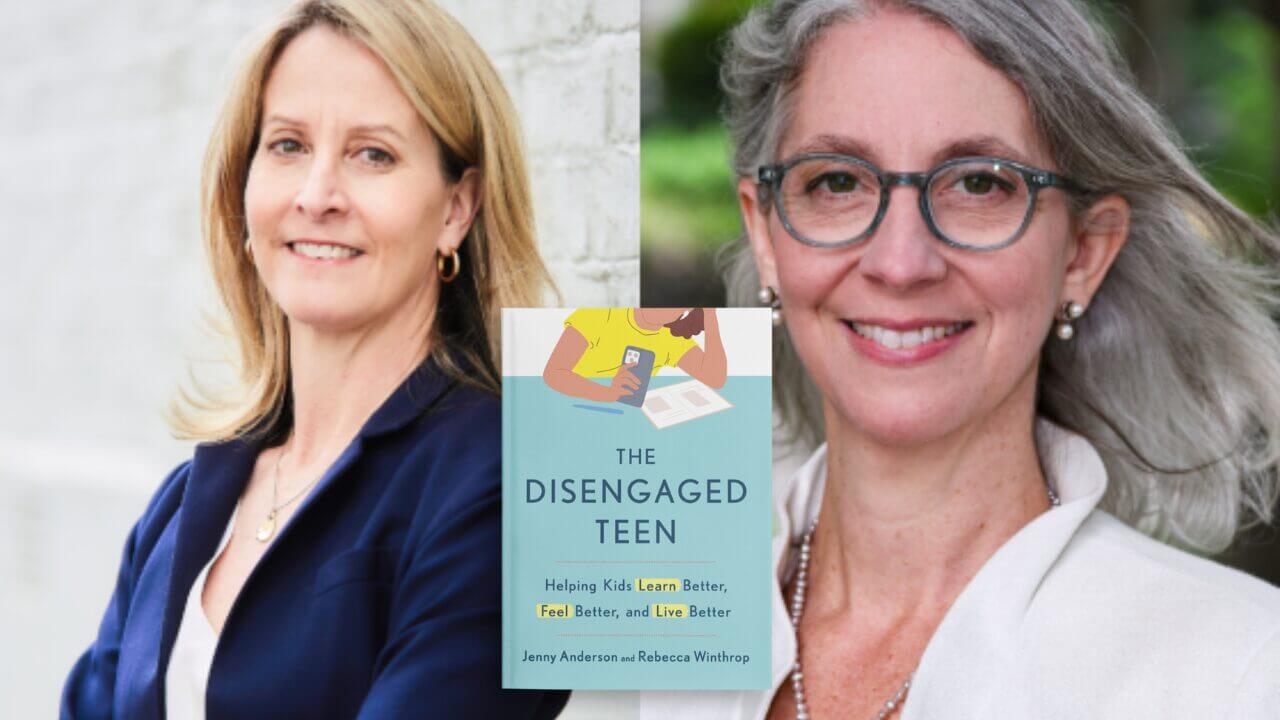High School Transformation

With partners across the nation, we are reimagining high school to promote engaging and rigorous learning experiences for all young people.

ABOUT
Our High School Transformation work is powered by the Carnegie Foundation Impact Lab, a driving force in building the evidence base for innovative designs, tools, and educational models that are shaping the future of K-12 and postsecondary education nationwide.
New tools, designs, and modalities are needed to provide students with richer, more engaging learning opportunities inside and outside of the classroom and schoolhouse.
The Carnegie Unit (credit hour) has been in existence since 1906 and plays an instrumental role in almost every aspect of American schooling. However, the most convincing learning science makes clear that our time-based model of schooling is insufficient. It is past time to catalyze educational transformation and build a new system that allows competency-based learning to happen anywhere. It is imperative that we rethink how knowledge, skills, and dispositions are acquired and measured to prepare young people for career and postsecondary success.
A New Educational Architecture
In close partnership with the XQ Institute, over the next decade we will incubate, launch, and support efforts to further the development of a “post-Carnegie Unit” ecosystem; establish policy frameworks for districts, states, and the federal government to incent and support promising alternatives to time-based models of learning.
With XQ, and collaborators from across the nation, we are intent on building this architecture. At a high level, we think it will be defined by three things:
- Ambitious goals for what students should know and be able to do, inclusive of both disciplinary knowledge and the essential skills young people need to thrive
- New learning experiences across subject matter, rooted in the science of learning, that ensure teaching and learning is reliably rigorous, engaging and experiential
- Signaling systems that provide clear insights to students, families and educators to help them accelerate learning and development
Each part of A New Educational Architecture depends on creating or strengthening a range of catalytic (or enabling) forces, including things like supportive public policy, new approaches to teacher development and support, a well-supported ecosystem of curricula makers, and intuitive technologies to undergird key aspects of the work.


Key Initiatives
National Research and Development Agenda
The National Research and Development Agenda (R&D Agenda), which will launch in Spring 2025, will focus national attention on the knowledge and tools required to support competency-based learning at scale. The R&D Agenda will present priorities informed by a broad range of stakeholders, including parents, students, educators, and scholars. In tandem with the release of the agenda, we will activate a multisite research consortium to undertake knowledge-building activities with the Future of High School Network.

The Carnegie Foundation has partnered with the Educational Testing Service to create a robust, scalable suite of assessment and analytic tools that captures the full range of skills required for American students to succeed in K-12, postsecondary education and beyond.
Key Initiatives
Skills for
the Future

Key Initiatives
Future of High School Network
The Future of High School Network, which will launch in spring 2025, will be made up of 20 diverse high school systems dedicated to competency-based learning and supported by local and state leadership in their efforts. The network is designed to catalyze learning and innovation among participants and serve as a locus for knowledge-building and piloting new tools.

The Carnegie Foundation and XQ Learning Experience Initiative is a strategic effort to produce and test a collection of curricular materials that will put an accessible and powerful form of student learning within reach of high school teachers and students everywhere.
Key Initiatives
Learning
Experiences
Get Our Newsletter!
Sign up to receive monthly insights and updates from the Carnegie Foundation.














